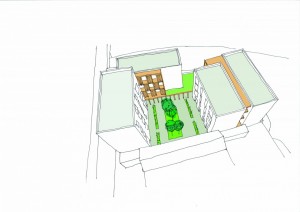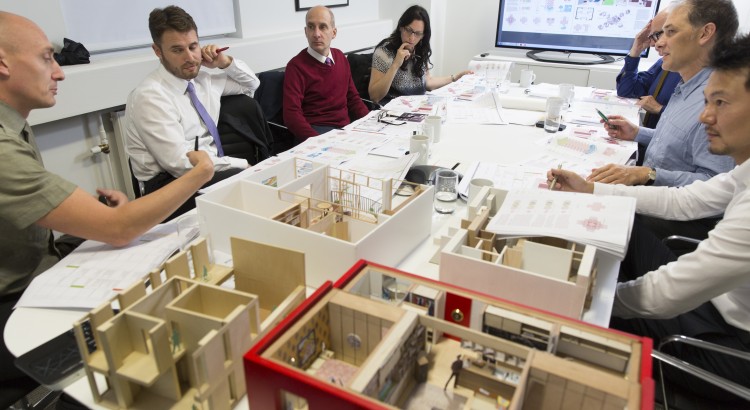

Pocket has just received consent from the planning committee to proceed to build a 24 storey tower of affordable homes in Wandsworth. This is big news! A tower in Wandsworth with 63 Pocket homes might not make us a giant in the world of property development but it does symbolise the fact that we’ve come of age. London desperately needs more starter homes for its city makers, and we’re working hard to help deliver as many as we can. Moving into the world of towers means we can deliver more affordable homes on a tight plot of land in a great location.
But what about the teapots?
Our first tower at Mapleton Crescent SW18 is designed by award-winning architects Metropolitan Workshop. Met Workshop are well known for their innovative work, and we briefed them to come up with a proposal for this scheme that contributed positively to the local area, and stood as a thing of beauty – while at the same time delivering affordable new homes for the way London’s city makers live today. Met Workshop are working with ceramiscist Loraine Rutt to develop a range of striking green tiles with which to clad the building.










